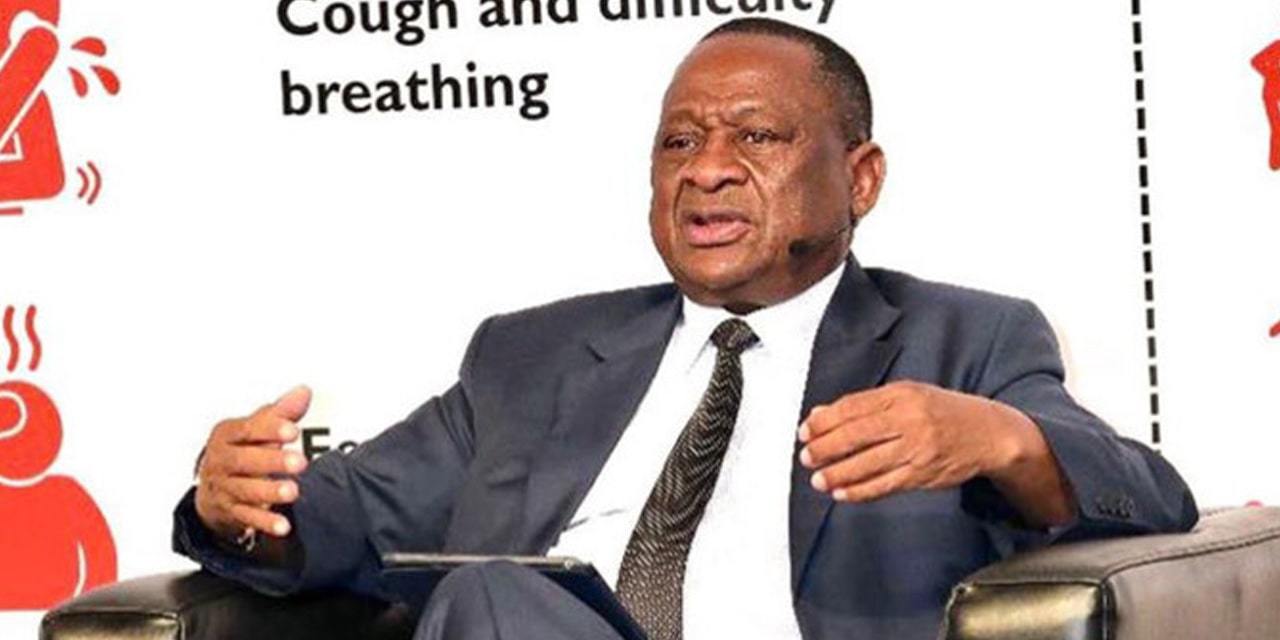Tujoromajo Kasuto
Minister Of Health And Social Services, Kalumbi Shangula says that the gains that Namibia has made in the fight against HIV/AIDS are fragile and without critical HIV prevention and control measures, the epidemic could spiral out of control.
He says that Intensive campaigns about HIV prevention have reduced over time, and some people have become complacent about behaviours that can spread HIV, such as having multiple sexual partners and unprotected sex. This has led to a reduction in the use of simple, effective prevention measures such as using a condom.
Shangula highlighted that the international targets for the elimination of HIV AIDS as a public health threat by 2030 are premised on the 95-95-95 fast-tracked targets. On this cascade, Namibia now stands at 98- 92-93.
“This means that in Namibia, 98% of persons who are HIV positive know their status; 92% of them have been initiated on treatment; and 93% of those who have been initiated on treatment are virally suppressed.
Viral suppression is important because a person who is virally suppressed is less likely to transmit the virus to a partner during sexual intercourse,’ he said.
However, he noted that the gains that Namibia has made in the fight against HIV/AIDS are fragile, highlighting the country’s massive progress but there has been an increase in the complacency of people when it copmes to HIV and AIDS prevention.
“Let me take the nation down memory lane to 2002. This was at the peak of the HIV epidemic in Namibia.
During that time, antiretroviral treatment was not available. Hospitals were overwhelmed by people suffering from HIV/AIDS. There were 12 000 deaths each year due to AIDS. Data shows that there were more than 17 000 new infections per year,” he said.
Further adding that by 2022, the nation has gained control of the epidemic and the number of annual deaths among People Living with HIV has more than halved.
He noted that the rate of new HIV infections is almost 4 times lower. The number of new HIV infections among children under the age of 1 year has decreased by over 90%.
Additionally, hospitals and health systems are no longer overwhelmed by HIV/AIDS. People Living with HIV have free, universal access to Anti-Retroviral Therapy (ART) and can live long healthy lives. Weekends are no longer characterized by burials.
However, he grieves that despite the gains of the past two decades, there are still 6 000 new HIV infections and 3 000 deaths from HIV/AIDS, each year in Namibia.
“Without critical HIV prevention and control measures, the epidemic could spiral out of control. More than 13% of Namibian adults are HIV-positive. This translates into 219 000 people living with HIV in the country. Most People Living with HIV who are taking their medication correctly every day, are stable and will live long healthy lives. However, approximately 33 000 People Living with HIV either do not know their status or do not have the virus under control. This means that they may transmit the infection to sexual partners. HIV-positive pregnant and breastfeeding mothers can pass the virus to their children,” he said.
Consequently, he believes that all of this means that the gains of the past two decades are fragile, and the number of new cases of HIV could increase rapidly if we fail to continue to do what is necessary to prevent and control the spread of HIV.
The minister noted various initiatives that the ministry has taken and said It cost less than a dollar to prevent HIV infection using a condom, whilst it costs approximately N$300 000.00 to treat an HIV-positive client over an average lifespan.
“The bottom line is despite the incredible achievements of the past two decades, the HIV epidemic in Namibia is a tinderbox, and without careful vigilance and attention, it could rapidly spin out of control. The consequences will be dire. For this reason, we need to act, and communicate responsibly, least we send the wrong message to the public. Condom use has always been part of a package in our arsenal to fight HIV/AIDS. The Ministry has always budgeted and bought condoms every year. This is not something new,’ he said.




